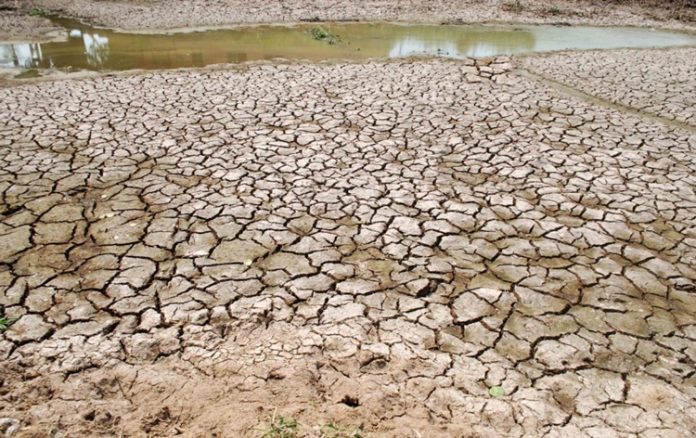Middle East heating nearly twice the global average posing potential threat to people
Tue 13 Sep 2022, 10:25:17

The Middle East is heating at nearly twice the global average, threatening potentially devastating impacts on its people and economies, a new climate study says.
Barring swift policy changes, more than 400 million people face extreme heatwaves, prolonged droughts, and sea level rise said the report released ahead of the UN's COP27 climate summit in Egypt later this year.
The study shows that the oil-rich Middle East is on course to becoming one of the world's leading sources of greenhouse gas emissions, overtaking the European Union
within several years.
within several years.
The study covers the region stretching from Greece and Egypt in the west through to Lebanon, Syria, and Iraq, and the Gulf states of Bahrain, Kuwait, and the United Arab Emirates as well as Iran in the east.
Representatives from nearly 200 countries are due to meet in November, this year in the Egyptian Red Sea resort town of Sharm el-Sheikh to follow up on the 2015 Paris Agreement and to work towards a safer 1.5 degree cap through sweeping emissions cuts.
No Comments For This Post, Be first to write a Comment.
Most viewed from Specials
Most viewed from World
AIMIM News
Latest Urdu News
Most Viewed
May 26, 2020
Do you think Canada-India relations will improve under New PM Mark Carney?
Latest Videos View All
Like Us
Home
About Us
Advertise With Us
All Polls
Epaper Archives
Privacy Policy
Contact Us
Download Etemaad App
© 2025 Etemaad Daily News, All Rights Reserved.






















.jpg)
.jpg)
.jpg)

















